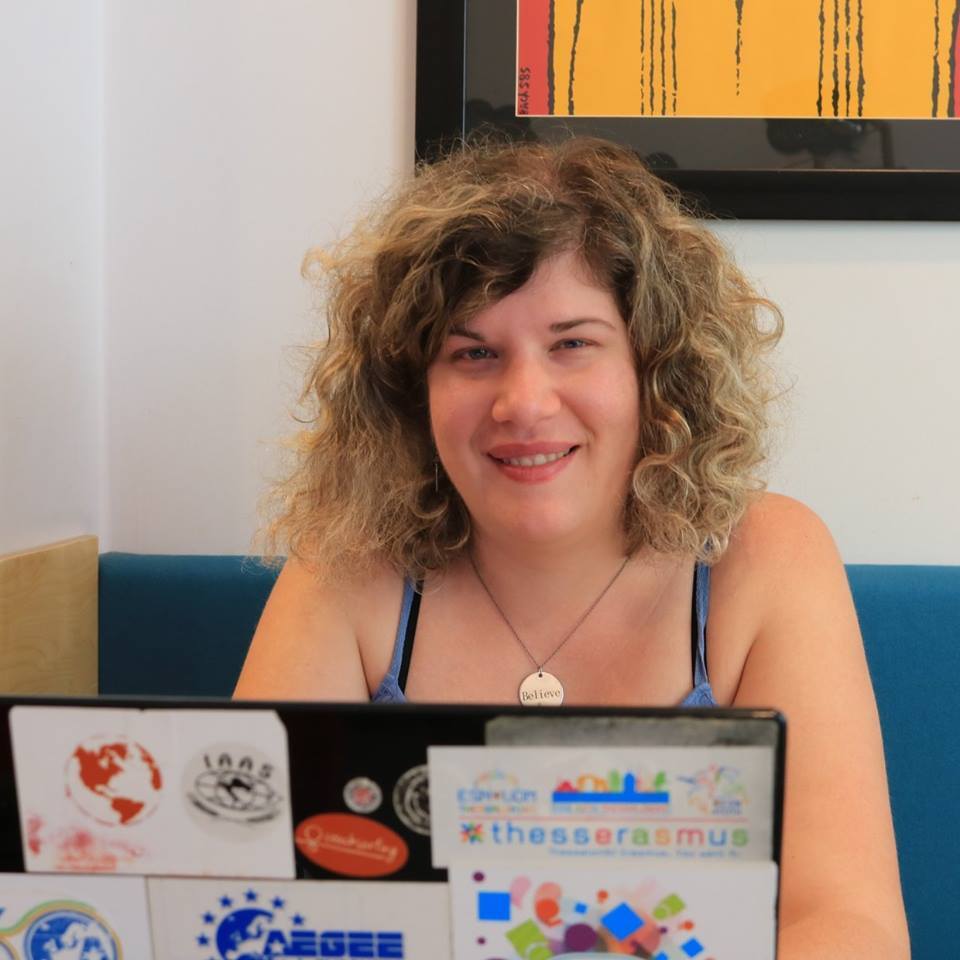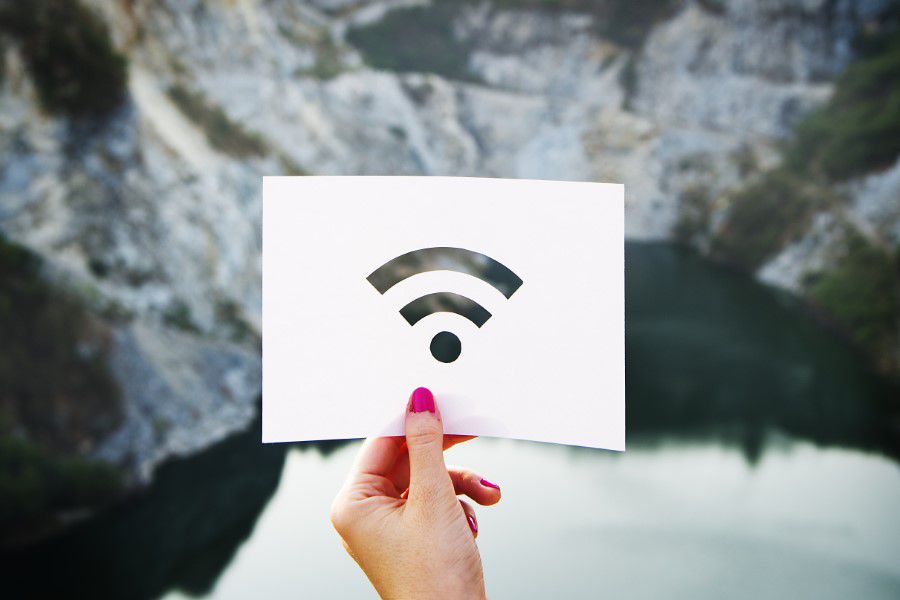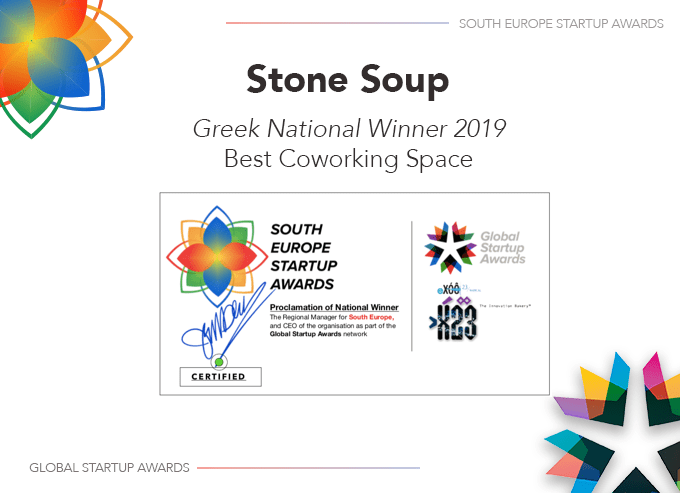Lockdown & Remote Work: How to Adjust to Working From Home.
COVID-19 lockdown has forced the majority of the workforce worldwide to work from home. Lyda Michopoulou is a freelancer and a member of Stone Soup coworking space. She has worked remotely since January of 2017, and she has long experience in distributed work. One could argue that being a remote worker, Lyda would have an advantage over other workers who were abruptly forced to change their routines. But let’s see to what extent this is true.
Lyda will help us answer the question, whether working from home is the same as working remotely. She will also share her own experience.

Adopting a work from home routine and how is that different?
Lyda considers herself lucky as she didn’t struggle much during this transition. Her life as a freelancer requires her to travel around Europe and work from different countries. One of Lyda’s consulting gigs is to an American startup in the travel industry called NextVacay. She is working on US time, following a specific time frame and specific online tools. For that reason, the processes and dynamics within the organization haven’t changed much with the lockdown.
Because of the corona crisis, Lyda is telecommuting from home and she spends most of her time hosting or participating in online meetings. This has decreased her actual working time and disrupted her usual working routine from Stone Soup.
Lyda had a functional working routine for herself, allowing her to work from anywhere as long as the WiFi connection was strong.

However, working from home is completely different from working from “anywhere in the world”. Social distancing, the new norm that has been given to all of us, is hardly a gift. Being able to keep a working pace, your motivation high and your productivity under control can be compromised especially when you are forced to work without a suitable working environment.
It is quite easy to fall into traps such as working all day long, without proper breaks or even realizing that your working time is up and you should relax. Lyda sees the value of participating in virtual coworking spaces such as Stone Soup’s and Digital Nomad Girls’ Inner Circle, in finding a sense of belonging and support.

How to do your best during the COVID-19 era?
Instead of isolating yourself at home binge watching TV-series and movies, you have the opportunity to do something to better your skills and develop yourself. You can host or join online meetings with friends (networking), figure out how to support others with the skills you already possess or participate in activities that are valuable for the community.
During the previous weekend, Lyda participated in an online hackathon, called: “Hack the Crisis Austria”. She mentored a team who was tackling a challenge: “How can we support the mental health of people”. Lyda has only positive feedback to give about it. It made her more eager to participate in a bigger scale and even think about organizing something similar in Greece.

Shaping the future of remote work after coronavirus
The corona crisis has unprecedentedly escalated the need to work remotely. The situation might be temporary but it pushes the gears of change and those won’t come back. Companies keeping previously a negative pose to the idea, are forced tο consider continuing with remote work after the lockdown.
Having a global network of contacts, Lyda has heard discussions about the struggles of friends and partners and has acquired some interesting insights. Many companies don’t understand how to use the online world to better support their work. There was no time for guidelines and transitioning. A new culture and priorities need to be set on the go. And of course, this changes the balances and threatens the up to now acquired stability. Companies and teams are being troubled by basic aspects of functionality such as what would be the best way, time, frequency, and means to conduct online meetings.
The discussion moved from online meetings to how people handle the grief that comes with being locked inside their houses. Lyda’s perspective of the situation was altered due to an article on Harvard Business Review. If individuals and companies go through the stages of grief we will be ready to accept what lies ahead and work with that.
After the lockdown is over a changed situation and land of opportunities for digital nomads and remote work is to be expected. The ground will be paved for the companies to keep workers distributed. And they would most probably like to shape their businesses in a way they could cope with similar future situations.




